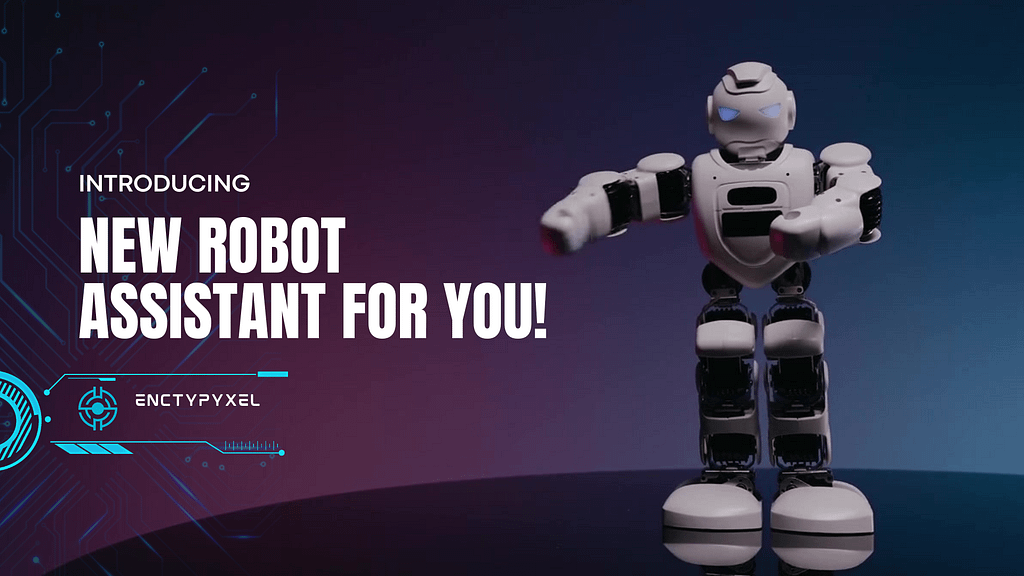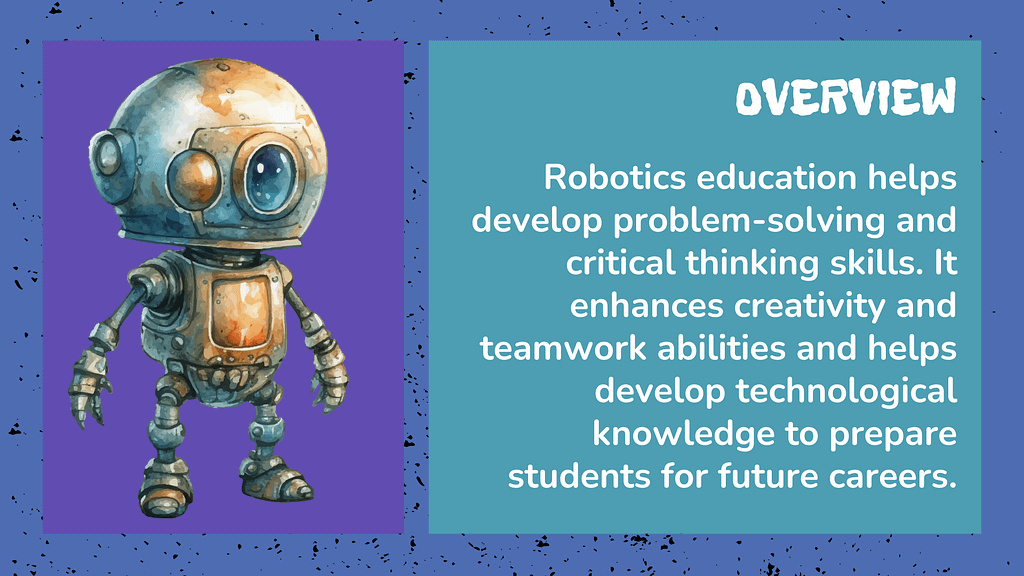In today’s competitive business landscape, efficiency is essential. Companies continuously seek methods to streamline operations, cut costs, and enhance performance. Robotic Process Automation (RPA) is a cutting-edge technology that offers businesses the chance to automate routine tasks, dramatically boosting productivity. In this blog, we’ll explore how RPA can transform your workflow and drive your business to new heights.

What is Robotic Process Automation?
Robotic Process Automation (RPA) involves using software robots, or “bots,” to automate repetitive, rule-based tasks typically handled by humans. These tasks include data entry, transaction processing, report generation, and communication management. RPA bots mimic human actions—clicking, typing, and navigating systems—executing tasks with exceptional speed and precision.
Why Robotic Process Automation is Essential for Modern Workflows
RPA is more than just another tool; it’s a powerful solution for optimizing processes. Here’s how RPA can revolutionize your workflow:
- Boost Efficiency: By automating time-consuming tasks, RPA allows employees to focus on strategic and creative activities. This shift leads to a more streamlined workflow, where routine tasks are efficiently managed by bots, leaving more time for innovation and business growth.
- Cut Costs: Automating repetitive tasks with RPA significantly reduces operational costs. Companies save on labor expenses, minimize errors, and reduce the need for extensive training programs. The result is a leaner, more cost-effective operation.
- Enhance Accuracy: RPA bots execute tasks with near-perfect accuracy, eliminating the errors that often accompany repetitive work. This precision ensures consistent, high-quality outcomes and reduces costly mistakes.
- Scale Easily: As your business expands, so does the volume of work. RPA scales effortlessly, managing increased workloads without needing a proportional increase in staff or resources. This scalability makes RPA an ideal solution for growing businesses.
- Ensure Compliance: RPA bots strictly follow programmed rules, ensuring that all tasks are performed in compliance with industry regulations. This meticulous adherence reduces the risk of legal issues and strengthens your business’s reputation.

Real-World Applications of RPA
RPA is already transforming industries by improving efficiency and productivity:
Banking and Finance: RPA automates tasks like loan processing, account management, and regulatory reporting in the banking sector. This automation accelerates service delivery, reduces errors, and ensures compliance.
Healthcare: In healthcare, RPA manages patient records, billing, and claims processing. Automation reduces administrative burdens, allowing healthcare providers to focus more on patient care.
Retail: Retailers use RPA to manage inventory, process orders, and enhance customer service. This automation not only streamlines backend operations but also improves the overall shopping experience.
How to Implement Robotic Process Automation in Your Business
Implementing RPA involves a few key steps:
Identify Automation Opportunities: Start by analyzing your current workflows to pinpoint repetitive, time-consuming tasks that are prone to errors. These tasks are ideal candidates for automation.
Choose the Right RPA Tools: Numerous RPA tools are available, each offering different features. Select a tool that best suits your business needs and integrates smoothly with your existing systems.
Involve Your Team: It’s essential to involve your employees in the RPA implementation process. Educate them on the benefits of RPA and offer training on how to work alongside bots. A collaborative approach ensures a smooth transition and maximizes the impact of RPA.
Monitor and Optimize: After implementation, continuously monitor the performance of your RPA bots and make adjustments as needed. This ongoing optimization ensures that your bots operate at peak efficiency.
Conclusion: The Future is Automated

Robotic Process Automation is not just a trend; it represents the future of business operations. By adopting RPA, you can transform your workflow, reduce operational costs, and position your business for long-term success. Don’t delay—start exploring how RPA can revolutionize your business today.
